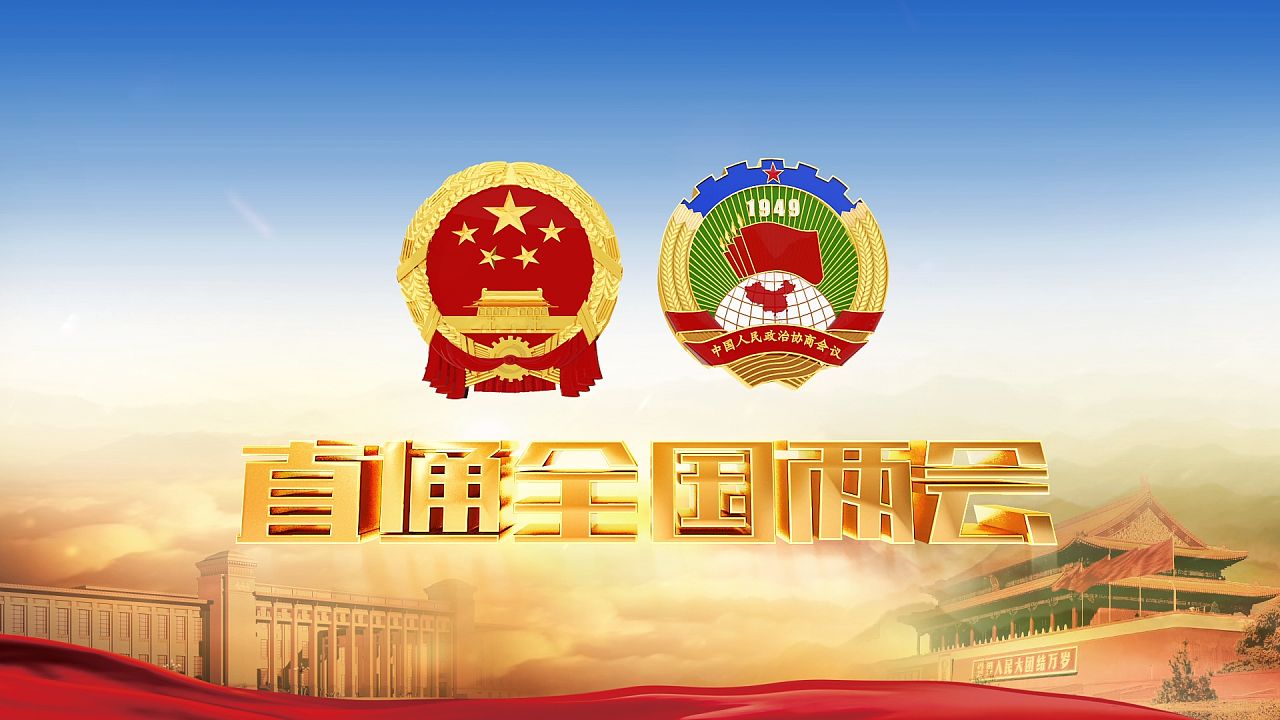The “Two Sessions”, the first annual session of the 13th National People’s Congress and the first session of the 13th National Committee of the Chinese People’s Political Consultative Conference, were held in Beijing on March 3 and 5 respectively. At the Two Sessions this year, some delegates at the NPC and members of CPPCC expressed their advice about how to develop the sports industry in China.
Yutang Sports gathered their thoughts which have also been reported by media in China as of March 7. Today, let’s have a quick look at them.
Chinese Premier Li Keqiang
As People.cn reported, Premier Li Keqiang delivered the government work report at the first annual session of the 13th National People’s Congress and mentioned sports-related content five times.
In the section, “Review of the past five years”, Premier Li mentioned that the national fitness program has taken root and that Chinese athletes had outstanding performances at both domestic and international sports events.
When it came to the section, “Advice for Government Work in 2018”, Premier Li’s emphasis on sports development can be divided into three parts: to advance the reform of the sports system, to boost the supply of sports products and services and to enhance the quality of sports and healthcare services. All of these are expected to encourage more people to see sports as part of a healthier lifestyle and boost the development of mass sports participation, competitive sports and the sports industry.
Li Yingchuan, Member of CPPCC and Deputy Director of General Administration of Sport of China (GASC)
As a response to the government work report, Li Yingchuan introduced GASC’s plan in the sports sector. According to Li, GASC has been working together with other authorities to develop an industrial plan for some sports, such as winter sports, air sports, outdoor sports and water sports industries.
GASC also communicated with the Ministry of Finance on the topic of increases in investment for sports infrastructure and facilities for the public. Partnering with the private sector to provide more sports festivals based around sports events is another priority of the GASC.
To help with boosting the supply of sports products and services, GASC has been partnering with other relevant authorities to support public participation in sports. Fitness organizations, sports and fitness facilities, sports events and activities, fitness instruction and fitness culture are all key areas which the GASC will focus on.
Regarding the severe situation brought about by the doping problem, Li stated that the Criminal Law should add terms related to “instigating, selling or taking stimulants”, in order to “defend national interests, keep the public sound in body and mind, as well as helping to advance the reform of the sports system and fight against the crime of doping”.
Zhang Jindong, Delegate to NPC and President of Suning Holdings Group
As the President of Suning Holdings Group, the parent company of PPTV which have bagged the media rights to top football leagues, Zhang Jindong delivered his advice on protecting the media rights to sports events.
According to Zhang, the lack of sports event broadcasting rights’ protection still exists in China, has made Chinese sports broadcasters suffer increasing rampant piracy. As a result, Zhang advised that there should be a legal protection system for sports event broadcasting rights.
At the same time, Zhang also stated that media rights to sports events should be covered by the Protection of the Right of Communication through Information Network. The punishment for infringements in sports event broadcasting rights should also be enhanced.
Yao Ming, Member of CPPCC and President of the Chinese Basketball Association (CBA)
Yao Ming’s presentation focused on the decision-making of the CBA. Yao believed that consultative approaches such as the “Biweekly Consultation Forum” which has been a significant approach used in the CPPCC, will be helpful in the CBA’s decision-making process.
In Yao’s opinion, the sports industry is becoming increasingly comprehensive and connecting with more and more industries. As a result, Yao hopes that forums similar to the “Biweekly Consultation Forum” will help a lot for the association by bringing together more professionals from sports and other industries and providing more problem-solving ideas.
Wang Yanxia, Member of CPPCC and Deputy Director of the Sports Department, Beijing Organizing Committee for the 2022 Olympic and Paralympic Winter Games (Beijing 2022)
Wang Yanxia’s presentation focused on the potential legacy of the Beijing 2022 Olympic and Paralympic Games.
According to Wang Yanxia, Beijing 2022 has since the very beginning taken the sustainability of the Olympic stadiums and venues into account, with every stadium and venue having its own Olympic legacy plan.
Beijing 2022 also learned alot from the PyeongChang 2018 Winter Games, Wang Yanxia explained. “For example, winter sports events are susceptible to bad weather, especially for snow sports. Many events had to be delayed due to bad weather in PyeongChang and it is very important to secure good weather reports in advance of the Games,” stated Wang Yanxia.
Note:
The delegates to the NPC and members of CPPCC who provided advice for the Chinese sports industry also included:
Yang Yang, Member of CPPCC and Chairman of the Athletes' Commission for the Beijing 2022 Organizing Committee, and short track speed skating Olympic medalist.
Du Li, Member of CPPCC and Coach of the China National Shooting Team, and Olympic shooting medalist.
Wang Liqin, Member of CPPCC and Deputy Dean of Shanghai Sports Institute, and Olympic table tennis medalist.
Ye Shiwen, Delegate to NPC and Olympic Olympic medalist.
Kenneth Fok Kai-kong, Member of CPPCC and Vice President of Fok Ying Tung Group.
Hu Yang, Member of CPPCC and Deputy Dean of Beijing Sports University.
